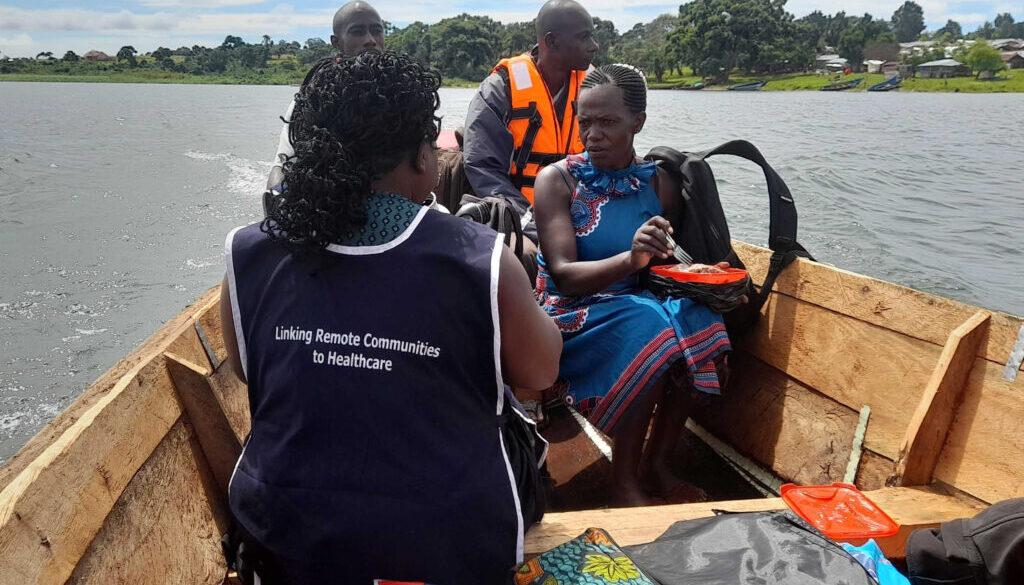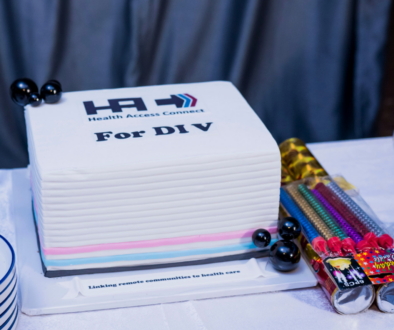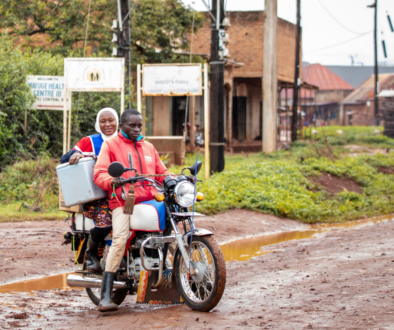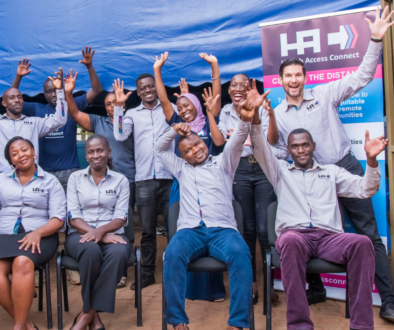Saving Health and Well-being in the Communities: Nakawa Community tells their story
#Closingthedistance #Accesstohealthcare #Joinus #donate
As one of the furthest islands on Lake Victoria in Kalangala district, Nakawa Bugaba remote community is located close to 30km from its nearest health facility. The community located at the top of the hill can only be accessed either by a boat taxi that only passes by 3 times a day or motorcycle taxis, which aren’t common in the community
The Island came to be populated after farmers and fishermen migrated to it because of its fertile soils and plenty of fish. In spite of the island community’s strategic location, its residents have faced a great struggle in accessing services crucial to their day-to-day living.
The community’s 47-year-old female councilor, Nassanga Saphina, testified on their behalf.
“I came to this community in 2007 when the situation was really bad! The first challenge we had was in accessing health services. The second was in accessing water which we haven’t solved up to now. People get water from a pond which they share with animals like dogs, goats, cows, and snakes.”
Approaching Nakawa Bugaba Island by Boat
Due to these challenges, Nakawa remote community has suffered a higher burden of infectious diseases and deaths attached to their poor access to healthcare services and safe water. Two of the community members suffered helplessly at the hand of this problem, watching their family members fall sick yet unable to access any kind of medical attention. Today, they testify
““My wife fell very sick when she was pregnant. It was late in the night and we couldn’t access transport means to travel to the nearest health facility. It was one of the hardest situations I ever faced in this area regarding transport and health services. She had to endure helplessly the long distance to the lake, and then we had to wait for a boat that was going to the health center. Luckily after hours of waiting, we got on the boat and made it to the health facility. But it wasn’t easy, we really struggled. We were on the verge of life and death”
— Fulujensio Lununye, a 40-year-old businessman in the community remembered.
“Yes, life was really tough for us surely,”
Gloria Tushemerirwe, a 44-year-old mother also rushed to agree with Mr. Fulujensio’s experience, as she remembered her own,
“I reached a point and I started using my own understanding to treat myself and the family. I realized they were many in this community that were doing the same. I would make one trip to the health facility and get painkillers. Whenever we were not well in the house, I would just give them medicines like coartem, metro, and other capsules. My husband fell very sick and because we couldn’t access the health facility, we just used the medicines we had in the house.”
Ms. Tushemerirwe recalls that this was their way of living until they witnessed a tragic situation when self-medication made them lose a loved one.
She says,
“My friend was bitten by a snake while in the bush at around 11 am, we all gathered around to advise her medically on what to do, but all was in vain. Her condition instead worsened. Later, at around 5 pm, we decided to transport her to the health facility. We carried her using polythene bags tied on sticks down the hill to get on the boat. But sadly, it was too late, she died on the way.”
This challenge in accessing health that has been suffered by everyone in Nakawa community, at least once, continued until they allowed Health Access Connect to intervene in their situation. Ms. Nassanga, the community female councilor reached her climax with this problem after witnessing a father in the community lose his 5-year-old son after struggling to find transport means to the health center.
“I rushed to the District Health Offices the following day and pleaded with them to bring health workers to our community, I told them all about the struggles that we were facing with accessing health services. After some good convincing, they told me about Health Access Connect and the change they are making in the remote communities of Kalangala District. They gave me Ms. Costaritah’s (Program Manager) phone number, and since then our story changed”
Arriving with health workers and health services at the community for an outreach clinic, gave us a chance to see the joy that was painted on the community member’s faces. Pregnant mothers were already waiting to receive antenatal care services, mothers were waiting to present their infants for immunizations. Men, women, and children in need of different health services were all attended to.
Health workers arriving at Nakawa Bugaba Community for an HAC outreach clinic
As a community that mainly depends on rice farming, fishing, and small-scale businesses, their output has been dramatically improved due to their improved access to healthcare. With consistent access to healthcare services at HAC monthly outreach clinics, the people rely on a system that closely monitors their health and provides them with their needed healthcare services thus keeping them energized to also focus on the other aspects of their lives e.g. economic growth.
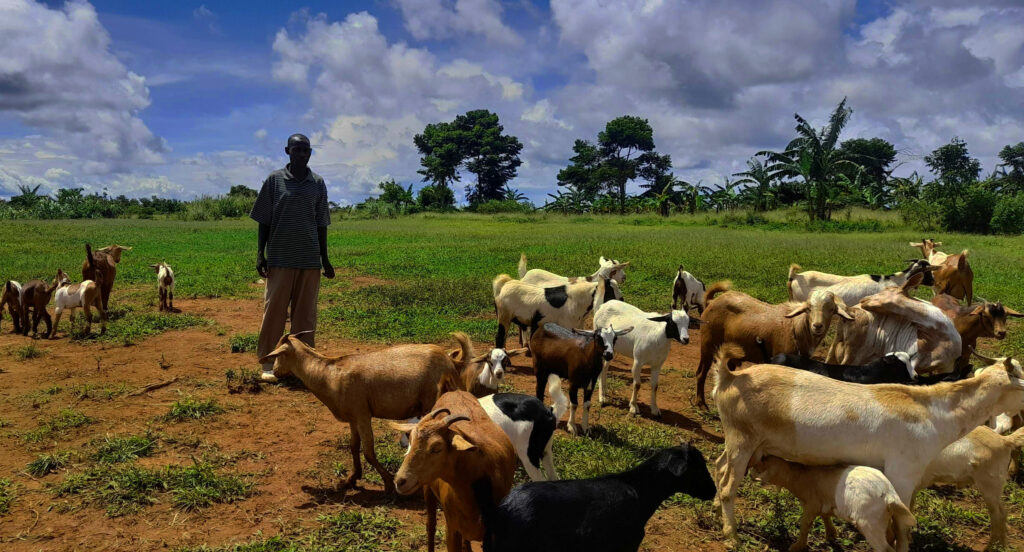
Mr. Fulunjesio proudly grazes his goats in the field
“I have over 50 goats, I also purchase rice from farmers and sell it on the mainland. This has helped me to pay school fees for my children, and support my family’s basic needs.”
Mr. Fulujensio proudly talks about his source of living.
Ms. Nassanga Saphina gratefully concluded that
“ Health Access Connect has greatly helped us. We have many children who need to be for example immunized and pregnant women with no money to meet transport costs to the health facility, the people living with HIV/AIDs in our community have also been sorted out with constant refills of Antiretroviral treatment being brought to their community. We are so grateful and ask God to bless HAC with more funds.”
